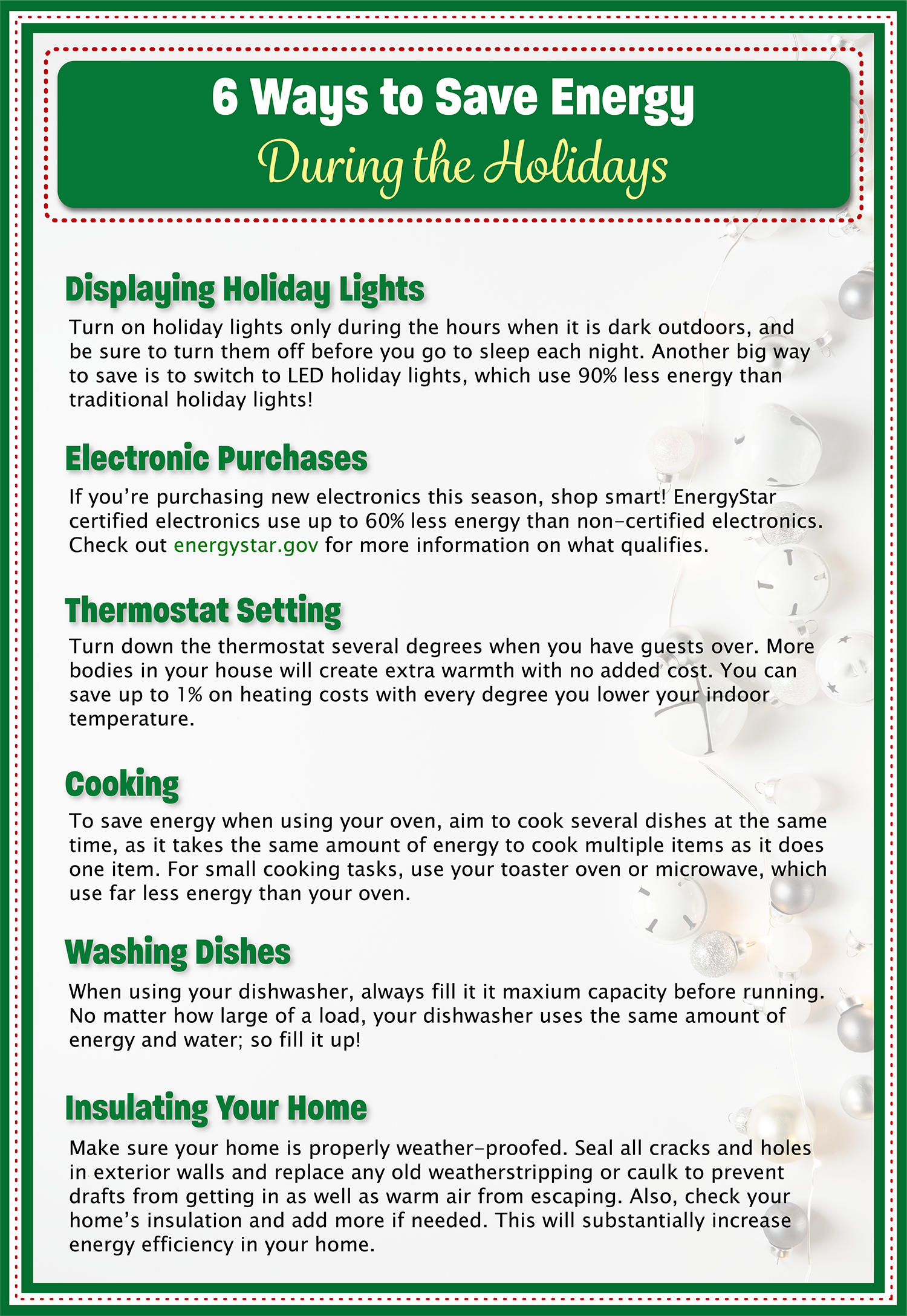Affordable HVAC Repair Near Me: Your Ultimate Guide to Reliable Solutions
Are you sweltering in the summer heat or shivering during those chilly winter nights because your HVAC system is acting up? The frustration is real, and we understand how vital a functioning HVAC system is to your comfort at home. That’s why we’re here to help you find affordable HVAC repair near me that you can trust. In this comprehensive guide, we’ll walk you through everything you need to know about HVAC repairs, from common issues to cost-effective solutions. Say goodbye to uncomfortable indoor temperatures, and let’s dive in!
Understanding the Importance of HVAC Maintenance
Before we delve into finding affordable HVAC repair services, it’s essential to recognize the significance of regular maintenance. Maintaining your HVAC system can extend its lifespan and reduce the likelihood of costly repairs. Here are some key reasons to schedule routine maintenance:
- Improved Efficiency: Regular maintenance ensures that your HVAC system operates efficiently, saving you money on energy bills.
- Enhanced Comfort: A well-maintained system provides consistent and comfortable indoor temperatures year-round.
- Prolonged Lifespan: Proper care can significantly extend the lifespan of your HVAC system, delaying the need for a costly replacement.
Common HVAC Problems and Symptoms
To determine if you need affordable HVAC repair near you, it’s crucial to recognize common HVAC problems and their symptoms:
- Uneven Heating or Cooling: If you notice inconsistent temperatures throughout your home, your HVAC system might require attention.
- Increased Energy Bills: A sudden spike in your energy bills could be a sign of an inefficient HVAC system.
- Strange Noises: Unusual sounds such as banging, hissing, or squealing from your HVAC unit should not be ignored.
- Poor Air Quality: If your indoor air quality has deteriorated, it might be due to a malfunctioning HVAC system.
- Frequent Cycling: A system that turns on and off frequently is likely struggling to maintain the desired temperature.
- Leaking or Dripping: Any signs of water leakage or condensation around your HVAC unit should be addressed promptly.
Finding Affordable HVAC Repair Near Me
Now that you’ve identified potential HVAC issues, it’s time to find affordable repair services near you. Here’s how to go about it:
- Online Search: Start by performing a quick online search for “affordable HVAC repair near me.” You’ll find a list of local HVAC companies that offer repair services.
- Check Reviews: Look for customer reviews and ratings to gauge the quality of service provided by each company. Pay attention to feedback related to affordability and reliability.
- Ask for Recommendations: Reach out to friends, family, or neighbors who have recently had HVAC repairs done. Their recommendations can be invaluable in finding a trusted service provider.
- Request Multiple Quotes: Don’t settle for the first HVAC repair service you find. Contact several companies and request detailed quotes for the repair work needed.
- Verify Credentials: Ensure that the HVAC repair company you choose is licensed, insured, and has certified technicians. This guarantees a higher level of professionalism and expertise.
What to Look for in an HVAC Company: Your Guide to Making the Right Choice
When it comes to your home’s HVAC (Heating, Ventilation, and Air Conditioning) system, finding a reputable and reliable HVAC company is crucial. Whether you need routine maintenance, repairs, or a complete system installation, choosing the right HVAC company can make a significant difference in the efficiency and longevity of your system. In this guide, we’ll outline the key factors to consider when selecting an HVAC company that meets your needs.
- Licensing and Certification
One of the first things to check when evaluating an HVAC company is whether they are properly licensed and certified. Licensing requirements vary by state, so ensure that the company you choose complies with local regulations. Certification from reputable organizations, such as NATE (North American Technician Excellence), indicates that their technicians have undergone rigorous training and testing, demonstrating their expertise in HVAC systems.
- Experience and Reputation
An HVAC company’s experience and reputation are often reliable indicators of their reliability and affordable hvac repair near me quality of service. Consider the following:
- Years in Business: A company that has been in the HVAC industry for several years is likely to have accumulated valuable experience and expertise.
- Customer Reviews: Read online reviews and testimonials from past customers. Look for consistently positive feedback regarding the company’s professionalism, timeliness, and the quality of their work.
- Services Offered
Different HVAC companies may offer a range of services, including maintenance, repairs, installations, and even energy efficiency assessments. Ensure that the company you choose provides the specific services you need. A comprehensive service offering can be a sign of a company’s commitment to meeting all your HVAC requirements.
- Emergency Services
HVAC problems can arise at any time, often at inconvenient hours. It’s wise to choose an HVAC company that offers emergency services, particularly if you live in an area with extreme temperatures. Knowing you can rely on them in urgent situations can provide peace of mind.
- Transparent Pricing
Clear and transparent pricing is essential when selecting an HVAC company. Avoid companies that provide vague estimates or surprise you with hidden fees. Request detailed quotes for your HVAC needs, including a breakdown of labor and material costs.
- Energy Efficiency Expertise
With energy costs on the rise, having an HVAC system that operates efficiently is crucial. Look for an HVAC company that specializes affordable hvac repair near me in energy-efficient solutions. They should be able to recommend and install systems that save you money on energy bills in the long run.
- Professionalism and Customer Service
The level of professionalism and customer service you receive from an HVAC company can greatly impact your overall experience. Pay attention to how the company handles your inquiries, their punctuality, and the courtesy of their technicians.
- References and Referrals
Don’t hesitate to ask the HVAC company for references or referrals. Speaking directly with past customers can provide valuable insights into their experience with the company and the quality of work performed.
- Compliance with Safety Regulations
Safety should be a top priority when it comes to HVAC work. Ensure that the HVAC company adheres to safety regulations and follows best practices to protect both their technicians and your property.
- Local Presence
Choosing a local HVAC company has its advantages. They are more likely to have a quicker response time for emergencies, and their familiarity with the local climate and regulations can be beneficial in system recommendations and installations.
Affordable HVAC Repair Solutions
When seeking affordable HVAC repair near you, it’s essential to explore cost-effective solutions that don’t compromise on quality. Here are some strategies to consider:
- Preventive Maintenance: Investing in routine maintenance can prevent costly breakdowns and extend the lifespan of your HVAC system.
- Repair vs. Replace: Sometimes, a repair may be a temporary fix for an aging system. In such cases, it might be more cost-effective to consider a replacement with a more energy-efficient unit.
- Energy Efficiency Upgrades: Upgrading your HVAC system to a more energy-efficient model can lead to long-term savings on your energy bills.
- DIY Troubleshooting: Before calling in the professionals, check for simple issues like clogged filters or thermostat malfunctions. You might be able to resolve the problem on your own.
Your Path to Affordable Comfort
Don’t let HVAC issues disrupt your comfort at home. By understanding the importance of maintenance, recognizing common problems, and following our tips for finding affordable affordable hvac repair near me, you can regain control over your indoor climate without breaking the bank.
At Palo Alto Plumbing, we’re dedicated to providing top-notch HVAC repair services that won’t drain your wallet. Our certified technicians are ready to address your HVAC needs promptly and affordably, ensuring your home remains comfortable year-round.
Affordable Comfort Awaits – Contact Palo Alto Plumbing Today!
Ready to experience affordable HVAC repair and lasting comfort? Contact Palo Alto Plumbing now, and let our experts handle your affordable hvac repair near me. Say goodbye to temperature fluctuations and skyrocketing energy bills. Your path to affordable comfort begins here!


